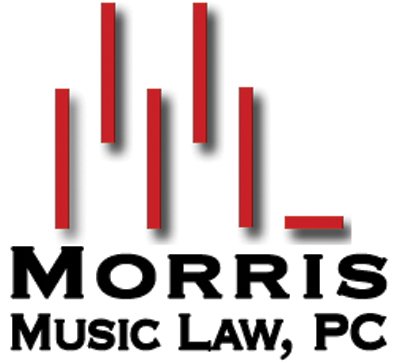Music Licensing
Music Licensing Basics and Services
Morris Music Law regularly works with music licenses. For example, we provide advice for clients who have been offered a musical licensing agreement, draft custom licenses, negotiate better terms in a music license, and advise businesses on necessary music licenses for their business. Music related licenses may include a performance license from ASCAP, BMI, and SESAC, or a synchronization license (which is commonly referred to as a synch license) for use of music in film, TV, advertisements, or video games. Strategically located in Los Angeles, Morris Music Law is connected with the people and businesses that matter for music licensing.
To better understand the importance of music licensing in the music industry and whether we can assist you or your business with your licensing needs, it is helpful to first understand the difference between a license and a sale. With a sale, there is a transfer of ownership. In contrast, with a license, there is only a grant of rights without a transfer of ownership. For example, a music license can include the right to perform music, prepare a derivative work such as a remix, a mechanical license for a cover song, or the right to reproduce music for distribution via a streaming service like Spotify or via a download store like iTunes. Some other examples of music licenses include merchandise agreements for an artist or band name on clothing, or a sponsorship or endorsement agreement granting a company the right to use an artist’s name in connection with their product. In contrast, examples of a sale include a copyright transfer agreement or publishing catalog purchase. Most of the revenue in the music business comes from music licensing because when music copyrights are sold, there is generally only revenue from the purchase price as opposed to the ongoing revenue from licensing the copyrights. Thus, music professionals and entertainment businesses need an experienced music lawyer to assist with their music licensing needs.
Recently, Morris Music Law has negotiated a licensing agreement with a major label for the release of a single, drafted template agreements for a music library that has placements with major television shows, and negotiated with ASCAP and SESAC on behalf of a hotel regarding their use of music in their lobby/bar. Our music attorneys work closely with all of our clients to ensure that they understand the legal framework and rights involved in their licensing transactions. We pride ourselves on negotiating licenses that are a win for both sides. For clients that regularly use the same licenses, our music lawyers work directly with clients to draft custom template agreements.
In addition to working with songwriters and artists, Morris Music Law also works with film and TV production companies, as well as music tech companies such as websites or apps. When working on the other side of the table as the artist, we help our clients understand how their business impacts the artist’s career and craft licenses that are both artist-friendly and protect the concerns of the business. Recent examples include a custom composer agreement for a film production company and new-media licenses for a start-up music app.

